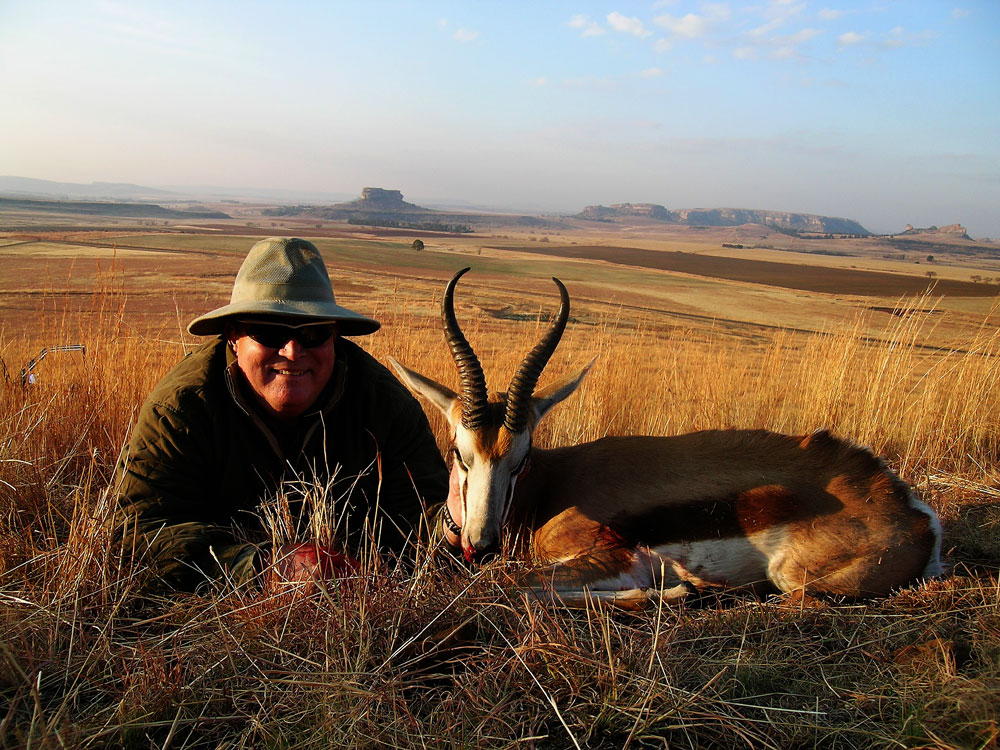
East African safari vacations are legendary, with names like Serengeti, Masai Mara, Lake Nakuru, Ngorongoro Crater, Amboseli, Tsavo, and Lake Manyara (among others). An African safari vacation attracts photographers, wildlife lovers, and science and nature buffs to see wildebeest migrations, giraffes in the wild, antelope of all sizes and descriptions, not to mention the “big five” (lion, cape buffalo, rhinoceros, leopard, and elephant). But there’s more to East Africa than game reserves and safaris (the Kiswahili word for “journey”).

Climbing East Africa’s Highest Mountains Includes Kilimanjaro, Africa’s Highest Peak
For one thing, East Africa is the home of the continent’s two highest peaks, one in Kenya, one in Tanzania. Mounts Kenya and Kilimanjaro are both lifetime highlights for hikers and climbers. Arrangements to climb can be made through a safari company in advance or on the spot.
Mt. Kilimanjaro rises to 19,340 feet. The main tourist route, the so-called Marangu Route is the quickest and most visited. The Machame Route is the most popular of several alternate routes; it takes a day or two longer, and is considered more difficult. But it gives climbers a better opportunity to acclimate to the high elevations. The main embarkation point for climbing Kilimanjaro is the town of Moshi, although there are also plenty of outfitters in nearby Arusha, which is where the airport is located. For purposes of planning an itinerary that includes a safari and a climb, Kilimanjaro is close to Lake Manyara, Ngorongoro, and the Serengeti.
Mt. Kenya, at 17,057 feet, is second to Kilimanjaro in height, but competes in scenery. Advantages include the possibility to trek independently, and to explore the network of trails that wind around the high peaks. Mt. Kenya is located north of Nairobi (figure a half day to get there, depending on mode of transportation). A trip to Mt. Kenya can be combined with a visit to Kenya’s part of the Great Rift Valley, to Lake Nakuru National Park, to the Aberdares, or on the way to or from Uganda or northern Kenya..
East Africa’s Pre-historic and Historic Sites from the Great Rift Valley to Zanzibar and the Swahili Coast
While most visitors to East Africa come for the wildlife and mountains, the region also offers history lessons spanning the length and breadth of humanity. Not only does East Africa have some of the oldest fossil records of the origin of mankind, it also has a living culture that has been influenced by more than two thousand years of trading with cultures from around the globe, including ancient Egypt, Greece, and Persia, the Ming dynasty Chinese, the Portuguese, English, and Dutch traders and colonists, and the fledgling American nation of the Nineteenth Century, to name a few.
Olduvai Gorge. The small Olduvai Gorge Museum contains information about Louis Leakey’s discoveries of artifacts from man’s earliest emergence on earth, including the famous footprints found by his wife, Mary Leakey. The museum and outdoor displays are located in the Ngorongoro Conservation area, a convenient add-on for those taking an African safari in Tanzania.
The Swahili Coast boasts the trading cities of Zanzibar, Mombasa, and Lamu. Of the three, Zanzibar, with its mysterious, historic stone town (made of fossilized coral rock), its exotic spice tours, and its beaches, is most often visited after a safari. Across the border, in Kenya, the major port, Mombasa is easy to get to, and is a jumping off point for explorations of Kenya’s coast, which stretches north from Mombasa in a series of historic towns and beach resorts. The end point is Lamu, an ancient coral-walled town on an island just south of the Somali border. Lamu is accessible via bus or plane (to a small airstrip on the mainland), and is more commonly visited by independent travelers than package tourists.
There’s no question that East Africa’s wildlife is a “do not miss” experience for adventure travelers. But after visiting the game parks, take time out to visit the other side of East Africa: Its mountains and historic sites are as world class as the “big five.”

